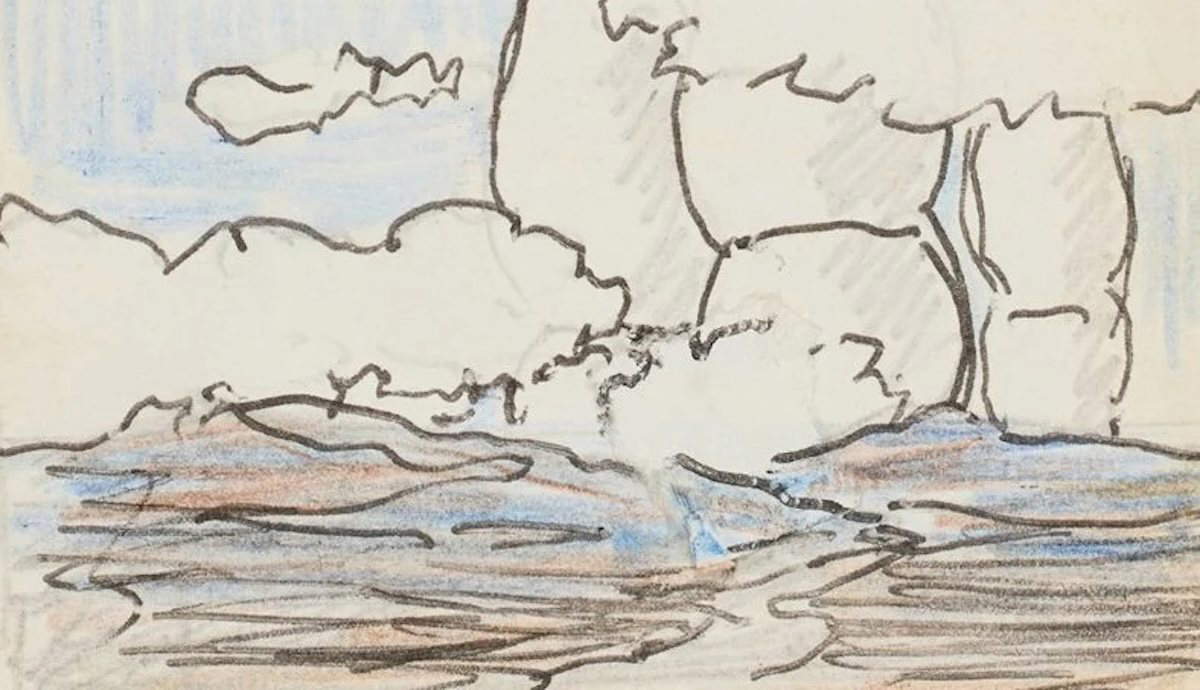
Nearly a millennium after its creation, the world-famous Bayeux Tapestry is about to get a contemporary sequel. Historians believe a culminating coronation scene has long been missing from the 11th-century artifact. France has commissioned contemporary artist Hélène Delprat to fill in the missing piece.
What’s Missing From the Bayeux Tapestry?

Dating back to the 11th century, the Bayeux Tapestry is not technically a tapestry at all. It tells the story of the Norman Conquest across approximately 230 feet of wool thread embroidered on linen cloth. The narrative includes events from the year 1066 leading up to the Battle of Hastings, during which William the Conquerer, the Duke of Normandy, defeated King Harold II of England. The tapestry was most likely created in England, possibly as a gift to William from his half-brother Bishop Odo of Bayeux, and has since been preserved in Normandy.
Despite its astonishing length, historians believe the Bayeux Tapestry is missing a pivotal scene. The coronation of William the Conquerer, which took place at Westminster Abbey on December 25, 1066, curiously does not appear on the Bayeux Tapestry. Now, 1,000 years later, the municipality of Normandy and the French Ministry of Culture have announced plans to complete the story.
“Neither a Restoration Nor a Reconstruction”

French contemporary artist Hélène Delprat was chosen to recreate the tapestry’s missing coronation scene. For four decades, Delprat has asserted a bold signature style across mediums, including painting, sculpture, film, and theatrical installations. She is currently represented by Hauser and Wirth, whose Paris outpost put on her 2023 solo show Monster Soup.
In conversation with Le Figaro, Delprat described the Bayeux Tapestry commission as “neither a restoration nor a reconstruction.” She explained, “I would nevertheless use my vocabulary to maintain a link with Bayeux embroidery. What I am proposing would evoke the coronation scene of William the Conqueror. [The] Bayeux embroidery itself is never literal: it does not describe, it does not illustrate. It constantly invents, it speaks, it declaims.” Delprat’s coronation panel will be made at Paris’s Gobelins Manufactory, a state-owned tapestry factory dating back to the 15th century.
New Bayeux Tapestry Museum to Open in 2027

A brand-new exhibition space for the Bayeux Tapestry is currently being developed at its current location in the town’s former seminary. It will enhance access to the tapestry and support ongoing conservation efforts. The reveal of Hélène Delprat’s contemporary contribution will likely coincide with the museum’s reopening.
“Our idea is to take advantage of the millennium year of the birth of William the Conqueror in 2027 to build a major popular event on a European scale,” said Hervé Morin, president of the Normandy region, to Le Figaro. “We have the ambition to carry out a project shared by the major European regions that have been crossed by this Norman epic.”









